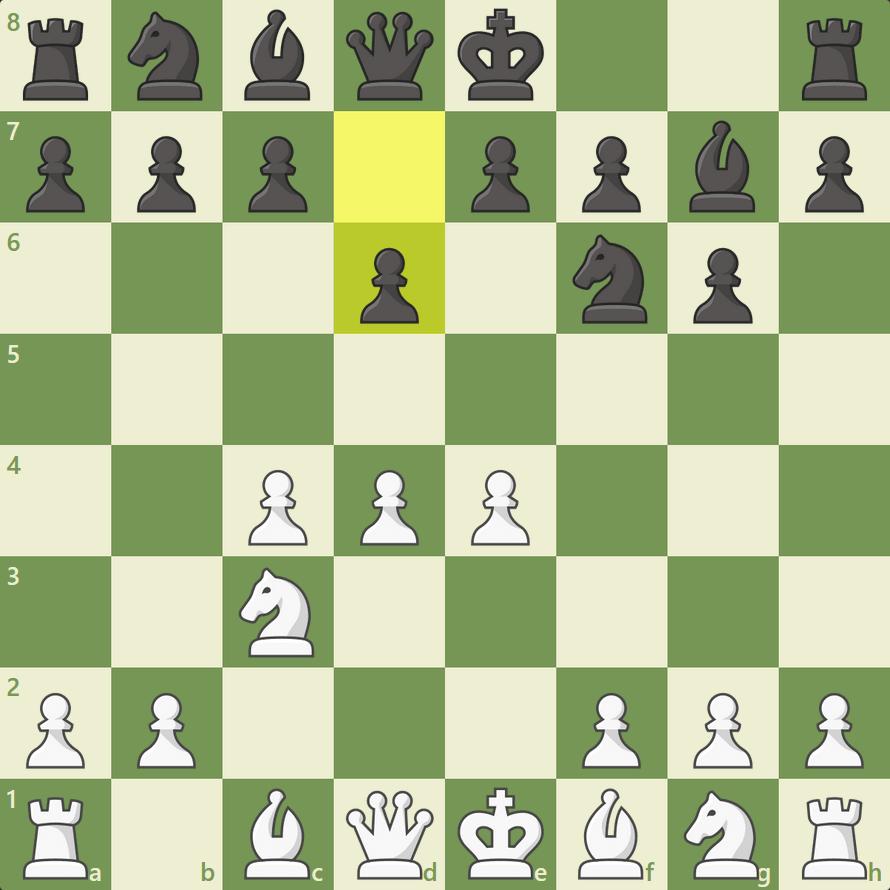Basic endgame strategy
Although there are fewer pieces on the board, endgame positions can be just as difficult as any other position in chess.Many of the same strategical themes from the middlegame apply in the endgame - isolated and backwards pawns are still weak, bad bishops are very much a liability, and a knight in the centre is usually better than a knight on the rim.There are, however, a number of differences that give the endgame a unique character.
The king in the endgame
Although in the opening and middlegame the king is vulnerable to attack and must be hidden away behind a fortress of pawns, in the endgame he takes on the role of attacker.Many novice players make the mistake of leaving their king in the corner during the endgame and continuing to play only with the other pieces.This is a big mistake, which can prove costly.Once there is no longer a danger of the king being attacked, he should rush into action, heading for the centre of the board, or to attack weak points in the enemy position.

Here is the same position again, but this time black uses the king properly to defend:
Passed pawns
Passed pawns are dangerous at any stage of the game, but they are of special importance in the endgame.Creating a passed pawn is the first step in creating a new queen.Passed pawns are most easily created when you have a pawn majority on one side of the board.You should advance your pawn majority, and exchange pawns until you are left with a passed pawn, as in the following example:
Zugzwang
Zugzwang is a german term meaning 'compulsion to move'.It describes a situation where a player would be safe if they didn't have to move, but any move they make would result in a disadvantage.It is a common situation in the endgame, especially endgames with just kings and pawns.Here is an example:
Here is an example of a mutual zugzwang:
Whichever side has the move is forced to abandon their pawn to the enemy king.
Stalemate
Stalemate does not happen often in chess, but it's something you need to be aware of, especially if you have a large number of extra pieces that could limit the enemy king's available squares.If you are the side with the material disadvantage, you may occasionally have the opportunity to trick or force the opponent into a stalemate position.
